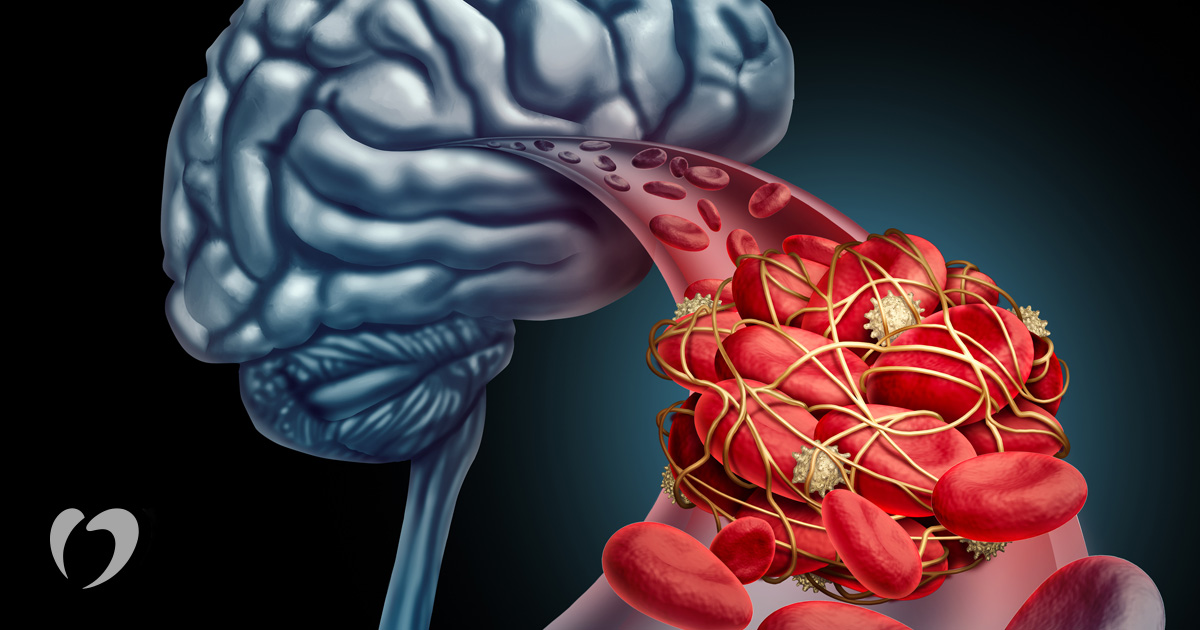What is a transient ischemic attack or TIA?

A transient ischemic attack, or TIA, occurs when blood flow to the brain is temporarily blocked. Often referred to as a mini stroke, a TIA has symptoms similar to a stroke but typically only lasts a few minutes.
What are the symptoms of a TIA?
The symptoms of a TIA are similar to early warning signs of a stroke, including the sudden onset or any of the following symptoms.
- Weakness, numbness, or paralysis, typically in one side of the body in the face, arm, or leg.
- Slurred or confused speech or difficulty understanding others.
- Loss of vision in one eye or double vision.
- Dizziness, loss of balance, or loss of coordination.
- Severe headache that begins suddenly for no reason.
Can a TIA cause permanent damage?
A TIA is caused by a blood clot that blocks oxygen-rich blood from the brain, but the clot either dissolves on its own or becomes dislodged, which allows blood to resume flowing to the brain. Because a TIA only blocks blood flow for a few minutes, it generally does not cause any lasting damage to the brain.
However, that doesn’t mean a TIA should be ignored. Often times, a TIA is a warning sign of a more severe stroke that could cause lasting damage.
Should I seek medical attention for a TIA?
Yes, anyone experiencing symptoms of a TIA should seek immediate medical attention by calling 911. Even if your symptoms go away quickly, you should still seek medical attention to confirm the TIA and assess your risk of a future stroke.
What are the risk factors for TIA?
Anyone can be affected by a TIA, but risk does increase with age. Your risk may be higher if a family member has had a stroke or TIA, and men have a slightly higher risk of TIA than women. Other risk factors include smoking, heart disease, high blood pressure, high cholesterol, diabetes, and being overweight. Poor nutrition, heavy drinking, use of illicit drugs, and the use of prescription birth control can also increase your risk of TIA or stroke.
If you are at increased risk of TIA, contact the Oklahoma Heart Hospital today for an appointment with one of our physicians to discuss and monitor your risk of stroke and TIA.
